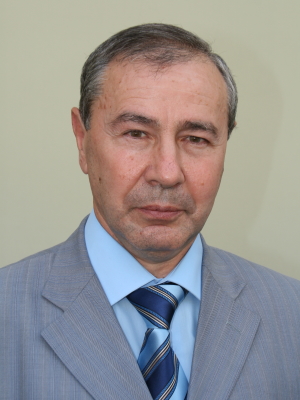Pedagogy and Psychology of Education, 2025, № 3
GENERAL PEDAGOGY
Yu.S. Braun, D.I. Pavlov, A.V. Kaplan
Psychological and pedagogical aspects of working with electronic text documents in informatics education. Problem statemen
S.A. Gavrilova
Synthesis of gerontology and pedagogical design in choosing interaction tactics with “silver age” students
THEORY AND METHODS OF TRAINING AND UPBRINGING
E.S. Ostapenko, I.Yu. Ivanov, E.A. Voronina
The structure of extracurricular time and the development of schoolchildren: Effects, socioeconomic status, and territory of residence
A.M. Petrova
Prospects for the development of career guidance in the educational environmen
V.F. Chertov, I.A. Podrugina, D.V. Cheremisin
School media education: Current approaches in modern pedagogy
THEORY AND METHODS OF PROFESSIONAL EDUCATION
D.K. Bartosh, M.V. Kharlamova
Interactive technologies for familiarizing foreign students with the concept of “family” in Russian culture
M.S. Batuev, T.S. Bazarova
Diagnostics of the level of formation of the axiological component of socio-ecological competence of students
Ya.A. Bitsiokha, T.V. Semenova
Social mobility through the lens of interpersonal mattering: Experiences of law graduates from elite universities
G.L. Abdulgalimov, E.A. Polkina
Information technologies in the training of future teachers of computer science, physics, technology, and mathematics
D.V. Burimskaya
Professional functions of a specialist in the digital economy
O.I. Mironova, A.F. Latypov
Comparative analysis of training programs for professionals working with intergenerational conflicts
N.A. Krasnoperova, T.S. Nikandrova, T.M. Umanskaya, O.V. Druzhilovskaya
The results of the testing of a new model of speech therapists training within the framework of a dysontogenetic approach to the formation of professional competence
PEDAGOGICAL PSYCHOLOGY
O.S. Efimova
The relationship between thinking and communication skills of modern teenagers
I.A. Zhuravleva
Preconditions for the claim to recognition in infancy as a personal determinant of the development of educational potential
O.A. Orlova, V.A. Shmakova
Perceptions of teachers with different levels of conflict resistance about factors that hinder and help resolve conflicts at work
REWIERS
S.G. Kosaretsky
Today, the special schools of the USSR are a model for the creation of advanced schools in modern Russia











